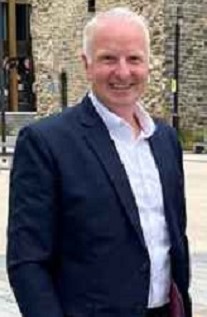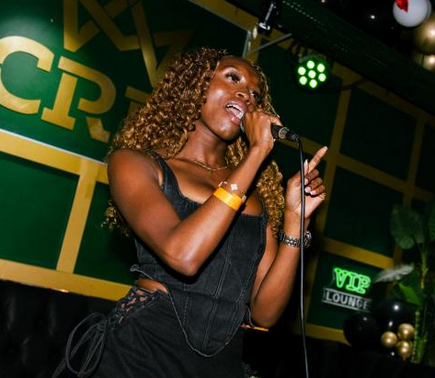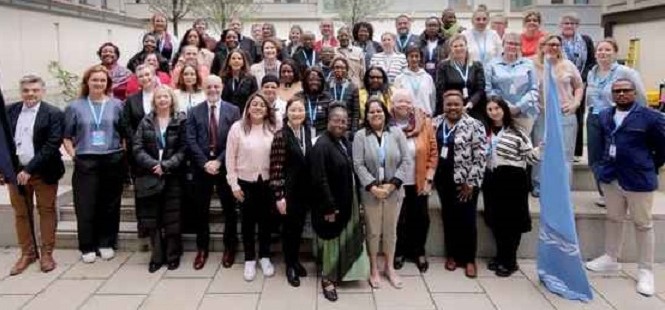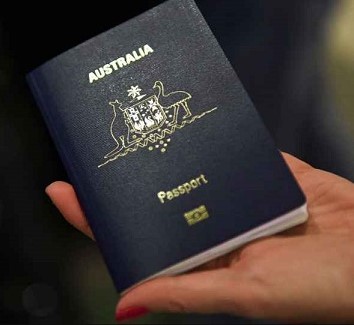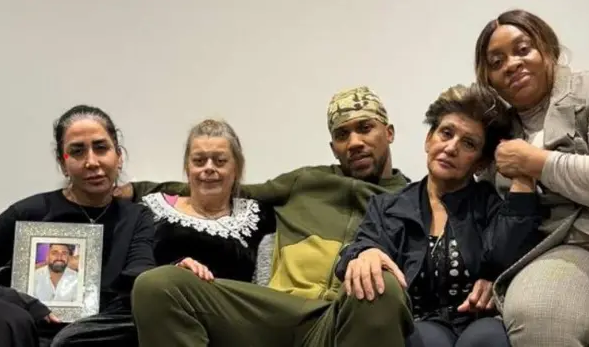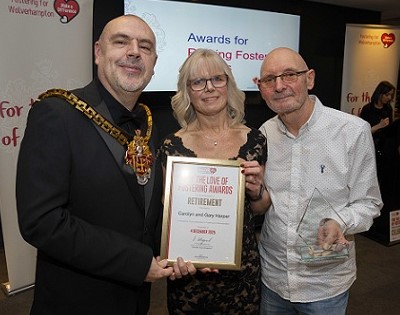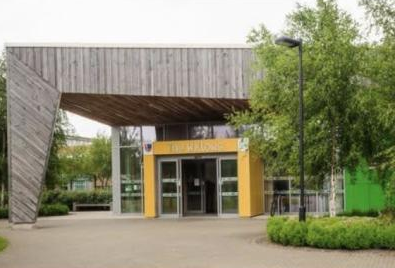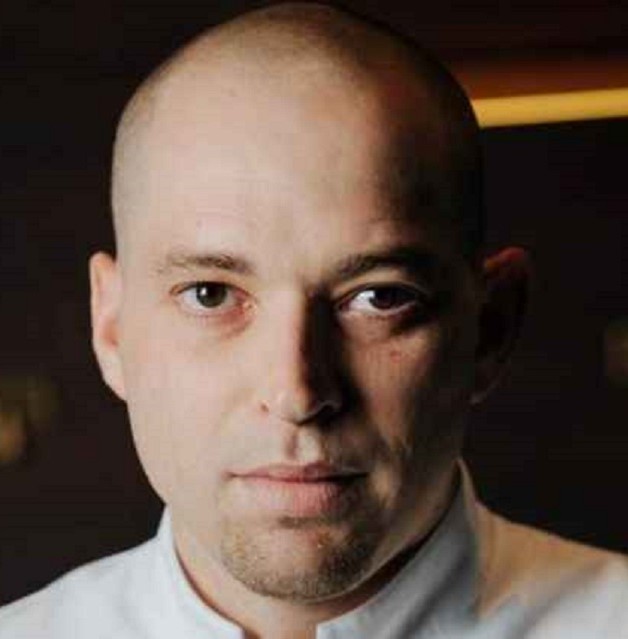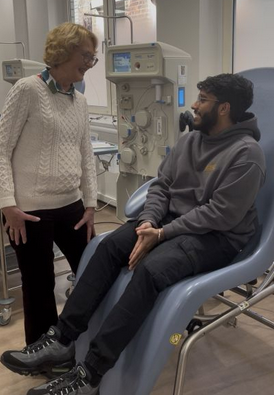While many lament that there is never enough time in the day, after gaining an extra hour yesterday a quarter of Brits said that if they were given an extra hour in every day they would spend it sleeping, according to a new survey conducted by leading charity Breast Cancer Now.
Faced with the hypothetical scenario of a 25th hour in every day, while spending it asleep came out as the top answer among the 2,000 UK adults polled, among those who had previously encountered a cancer diagnosis the most popular answer (selected by 24%) was to spend the extra hour with their loved ones.
This national trend was reflected by respondents in the Midlands, whose top three 25th hour activities:
- Sleeping (selected by 27.9% of respondents from the Midlands)
- Spending time with loved ones (26.1%)
- Watching television/films (8.9%)
That one in four busy Britons would spend their 25th hour each day asleep wasn’t the only bed-based surprise, as, while one in seven men said they would spend their extra hour having sex, just one in twenty-six women said the same.
The survey – conducted by Censuswide on behalf of Breast Cancer Now – explored how people value time as a commodity, as the charity commits to giving everyone affected by breast cancer more time to live.
Cancer and perspective
The poll also found that those living with or beyond a diagnosis of cancer are more likely to take risks and tend to worry less ‘about the small things’ in life.
More than 331,000 people are diagnosed with cancer each year in the UK[1] – with breast cancer still the most common – and while a diagnosis can be enormously distressing to the patient and their loved ones, it can also have a significant impact on a person’s perspective and approach to day-to-day life.
Of the 2,000 people polled, just 32% of those who had personally experienced cancer considered themselves to be ‘worriers’ in everyday life, compared to 41% of those who hadn’t had cancer. A diagnosis of the disease was also found to influence a person’s attitude to risk, with more than one in five (20.2%) who had experienced cancer now considering themselves to be risk-takers, compared to just 14% of those who hadn’t.
The rise of the ‘bucket list’
Exploring Britons’ view on the preciousness of time, the survey also investigated the rise of the ‘bucket list’, finding that one in four women now have a defined list of things they would like to achieve or experience during their lifetimes, with one in five in the Midlands now also doing the same.
Again, personal experience of a cancer diagnosis played a significant role in shaping people’s perspectives, with 28% of those who had previously received a diagnosis developing bucket lists compared to only 17% who hadn’t.
Travel was still seen as the most attractive experience of a lifetime, with more than half of the 2,000 respondents dreaming of a round-the-world trip, and almost one in two admitting that seeing the Northern Lights was on their bucket list.
This national trend was also mirrored by those in the Midlands, whose top three bucket list activities were:
- Travel the world (chosen by 56.5% of respondents)
- See the Northern Lights (50%)
- See one of the Seven Wonders of the World (43.5%)
But the concept continues to divide opinion amongst the British public, with almost 25% of the 2,000 people asked disliking the idea of a bucket list or finding it depressing.
Lastly, faced with the question of exactly how long people in Britain would like to live, almost half of the population (46%) would choose to live to 100 years old if they could, while one in six people even said they’d like to be immortal.
By bringing together the most pioneering researchers, dedicated fundraisers and determined campaigners, and by spreading the message about the signs and symptoms of breast cancer this October, Breast Cancer Now is making sure women everywhere can live longer, healthier lives with the people they love.
Rashpal Thomson, 44, who has been living with secondary breast cancer since 2012, said:
“If I had an extra hour in the day I’d continue what I’m doing: spending time with the people that I love, having great experiences, going out for walks and just enjoying life.
“My hope is that one day secondary breast cancer can be a thing of the past. That one day if you have primary breast cancer it can always be cured at that point and can’t spread, because that’s the point at which it becomes incurable.”
Mother-of-two Danielle White, 31, who has recently undergone treatment for primary breast cancer, said:
“On the whole I just don’t worry so much now, particularly about the little things. I worry about the cancer coming back and the future, but I don’t worry if the dishes aren’t done, which before would have got to me; I would have been rushing around and then not spending that time with my children or going out to see friends.
“I just try to spend as much time as I can with that people I love, taking lots of photos, because I don’t know if I’m still going to be here in five years or twenty years and I want to be able to have a visual reminder of our wonderful time together, especially for my young children.”
Baroness Delyth Morgan, Chief Executive at Breast Cancer Now, said:
“Time is so precious, and with breast cancer, every moment really does count. That’s why we’re doing everything we can to give everyone affected by the disease more time to live.
“We believe that if we all act now, by 2050, no one will die from breast cancer. And by giving our time now to find ways to prevent, detect, treat and stop the disease, we’ll move from a time when people fear breast cancer to a generation where everybody lives.”
Launched in June 2015 with the ambition of stopping women dying from the disease by 2050, Breast Cancer Now is the UK’s largest breast cancer charity, created by the merger of Breast Cancer Campaign and Breakthrough Breast Cancer.
This October, make your moment count – and help give everyone affected by breast cancer more time to live. For more information visit breastcancernow.org or text CLOCK to 70500 to donate £10 to help fund Breast Cancer Now’s world-class research.




